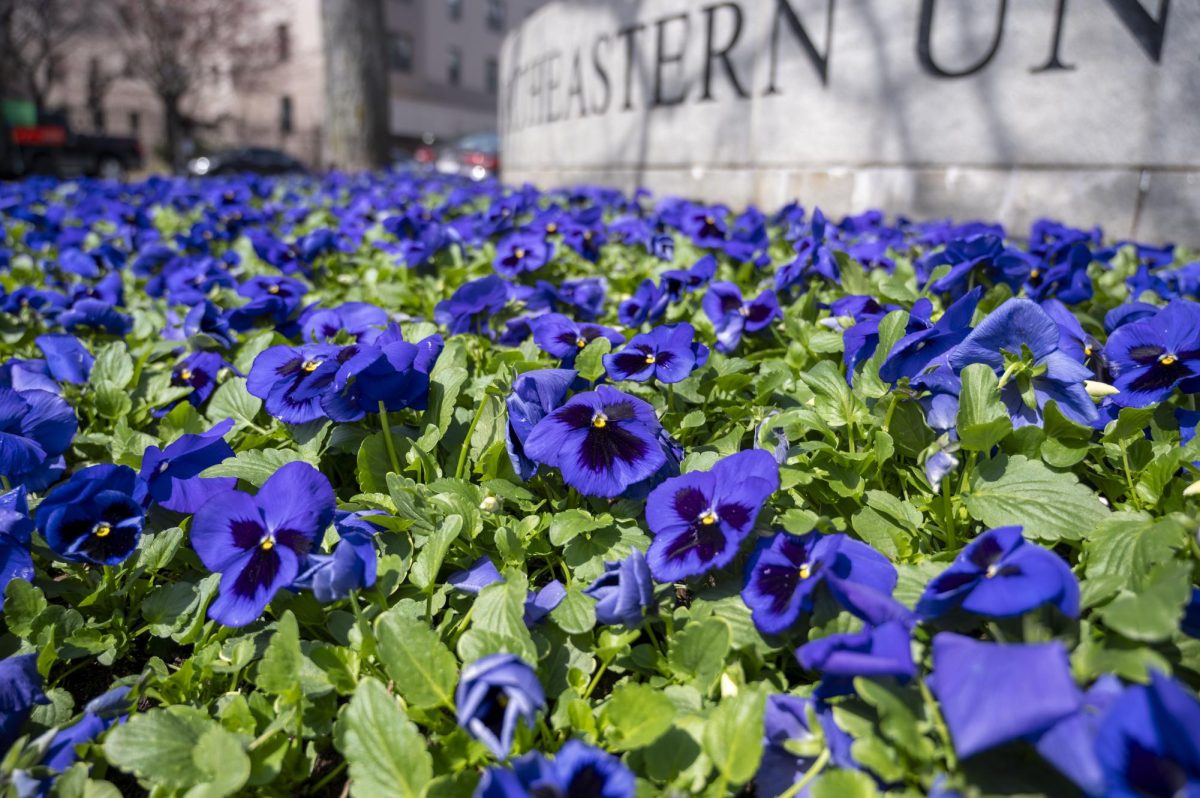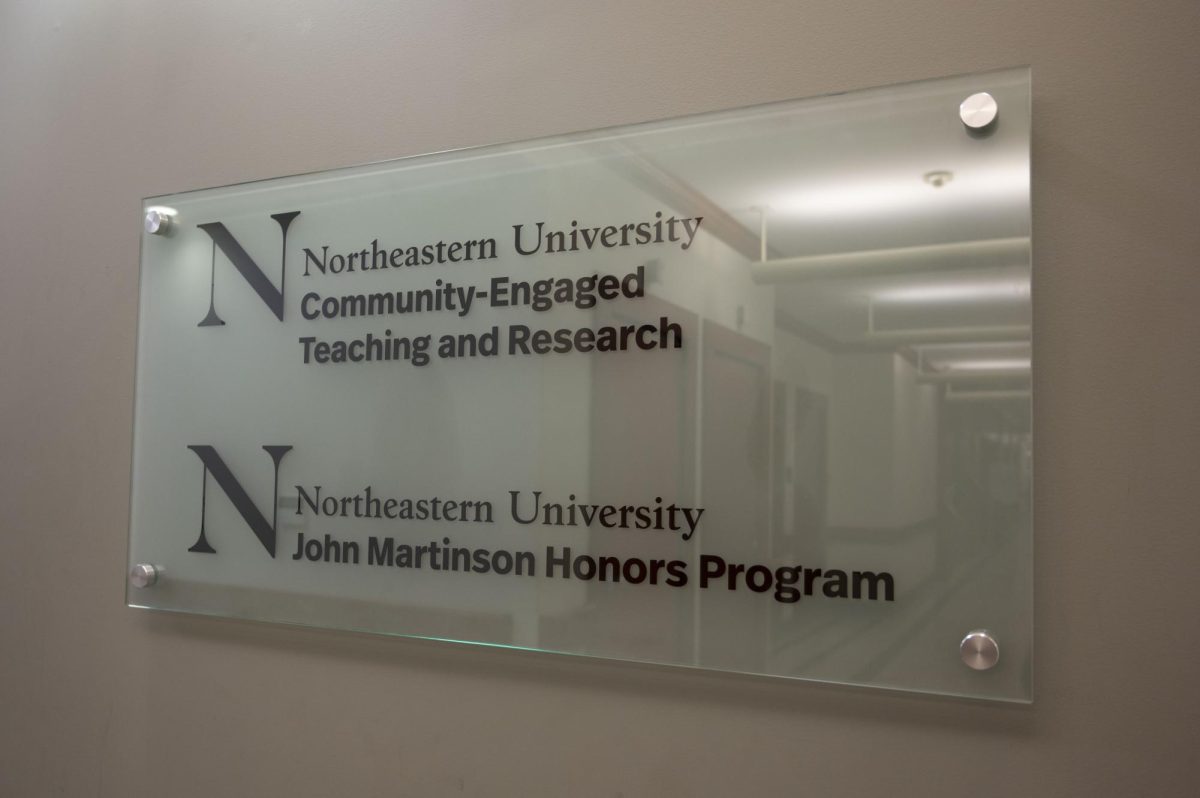The short answer: probably not. But that doesn’t mean we won’t feel it as a university.
Before “sequester” dominated headlines and airwaves, it was “fiscal cliff.” Congress dealt with that, essentially, the same way I deal with term papers assigned at the beginning of the semester: handle it in a few months. They paid for current funding levels through the end of March with the thinking they would work something out by March 1. If they don’t, the automatic cuts kick in.
The good news is that some federal programs (many of which help the poor) are exempt. According to a report released last month by the American Council on Education, “the Pell Grant Program, which is the largest federal student aid program, is exempt from sequestration.” That program pays out billions of dollars in need-based aid each year.
What’s not exempt is federal grants for research and development, many of which end up being paid to research universities such as Northeastern.
I asked Tim Leshan, Northeastern’s vice president for government relations about how the sequester would impact us.
Leshan said the deal with the government is essentially a partnership.
“We agree to educate students and do impactful research, and in exchange we get some federal funding to support that work.”
But while members of Congress were busy taking in unlimited contributions from who-knows-where, they forgot to take the necessary steps to ensure that financial support for education continues. So when the sequester hits, some of that money goes away.
“This last fiscal year, Northeastern had around $104 million of research, most of which – I’d say 95 percent of which – is federal funding,” Leshan said.
So if Northeastern is getting $98.8 million in federal research grants every year, the sequester will lop off 5 percent, or $4.94 million of that. It’s a small piece of the overall pie, but consider these statistics from the Chronicle of Higher Education: The average full-time professor at Northeastern made $148,400 last year. Add on the costs of lab research and other academic ventures, and that’s quite an expense.
Will Northeastern have to cut faculty or staff if the sequester hits?
“We can’t say,” Leshan said. “I mean there are not a lot of faculty who are completely 100 percent dependent on federal funding, so I don’t think we’re going to see a huge impact tomorrow but we’re going to see how this plays out.”
Most likely, though, the cuts will be felt in a more subtle way.
“I don’t want you to get the impression that it’s going to happen overnight,” Leshan said.
The 5 percent cuts would more likely result in fewer grants being awarded to the school over the next year, or in some cases, shrinking the funding of already approved grants.
Leshan said he’s spent time in Washington lobbying against these cuts – and for a budget deal – and that Northeastern is a member in various groups such as the American Council on Education and the Science Coalition, which are lobbying to avoid the cuts as well.
This weekend, Leshan said, President Joseph E. Aoun will be in Washington, D.C. for a meeting with the American Council on Education meeting, which he chairs.
The tone of Aoun’s message to his colleagues, though, will be decided on Capitol Hill.
So while members of Congress collectively rake in more than $75 million in taxpayer money every year – pay that is constitutionally protected from reduction, lucky them – they’ve somehow managed to screw the rest of us out of getting our own cut of our own money. While I’m a senior and won’t feel the cuts that will likely befall the university in the next academic year, the research that won’t be done towards cancer or AIDS or any of the other many problems that trouble our country, might have saved lives. I hope those members of Congress enjoy their six-figure salaries while they last, because we’d all be in good conscience to throw them all out on their asses in 2014.












